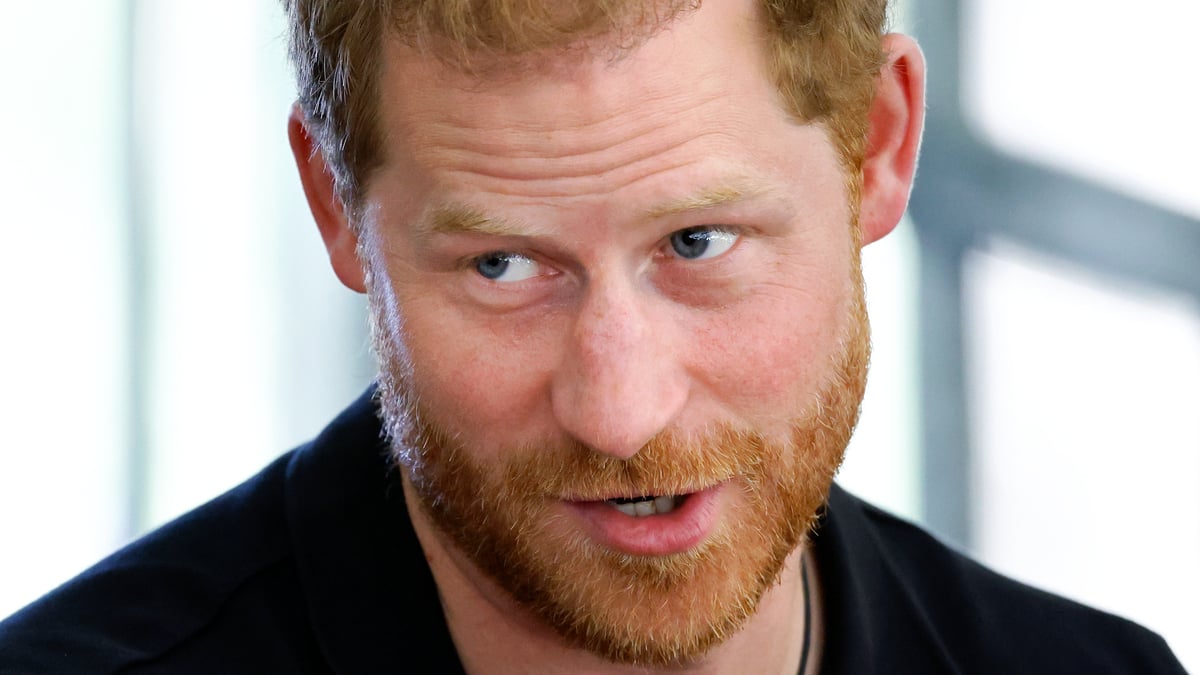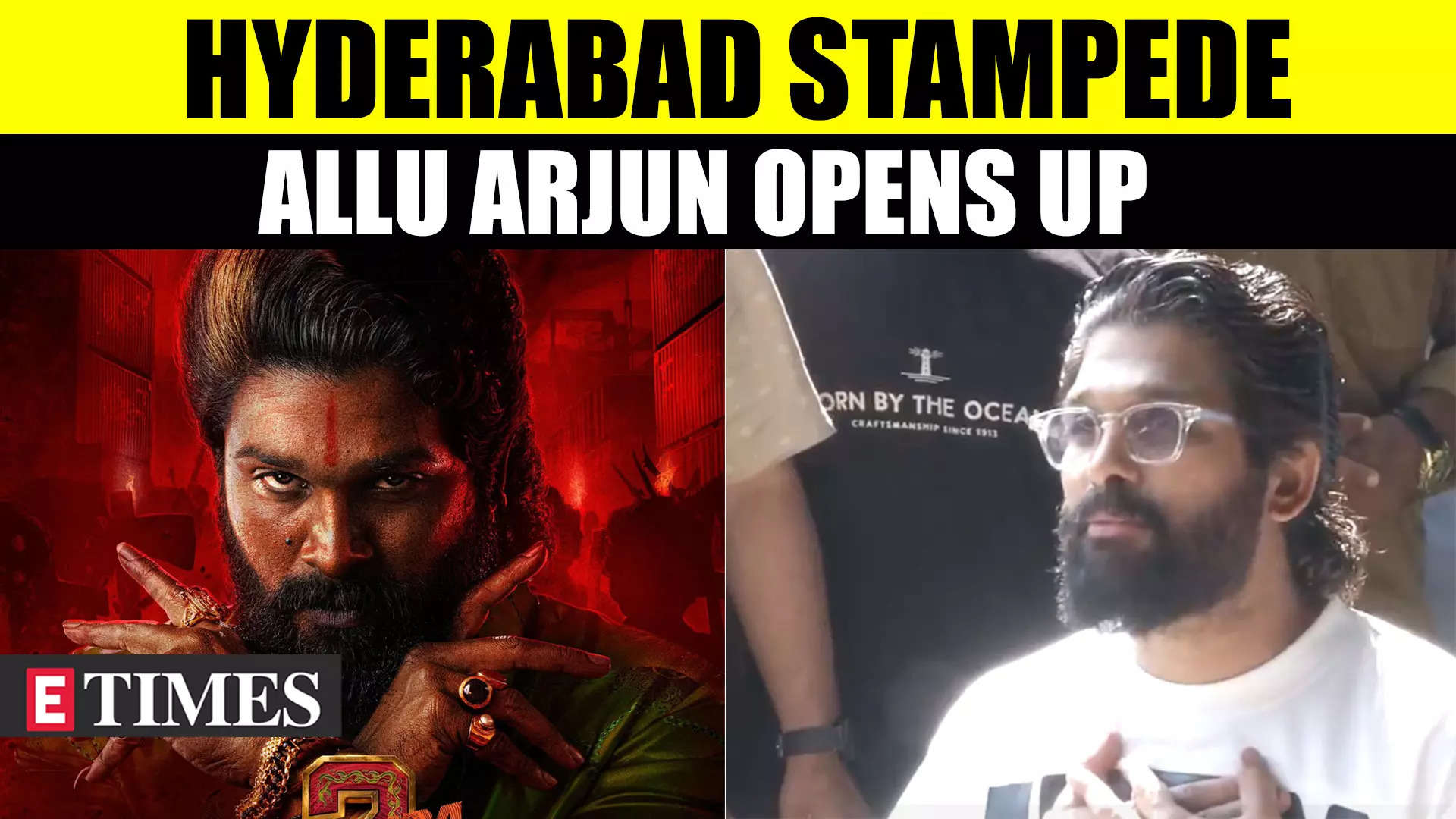Change of direction
After surviving the illiberal reign of Prime Minister Vladimír Mečiar in the 1990s, Slovakia elected a pro-Western government in 1998, putting itself back on track for NATO and EU membership, which it secured in 2002 and 2004 respectively.
But after eight years of relentless reforms and creeping corruption, the electorate turned in 2006 to Fico, a social democrat. Apart from a short period out of power in 2010-2012, the pragmatic Fico governed the country for 12 years as a mainstream EU leader.
In 2018, however, Fico was driven from office amid the largest protests since the country’s 1993 independence. Demonstrators took to the streets in their tens of thousands to protest the murder of journalist Ján Kuciak and his partner Martina Kušnírová, and to call on the cabinet to resign. Kuciak had been investigating ties between Fico’s government and Italy’s ‘Ndrangheta mafia.
But after another interregnum featuring another fractious center-right government, Fico returned to power in 2023 on the strength of a pro-Russia, anti-LGBTQ+ and anti-EU campaign, topped with a refusal to send weapons to Ukraine.
“There is very little doubt in most European capitals that Fico is pursuing an agenda that is at odds with the EU’s core value of the rule of law,” said Anton Spisak, a Slovak academic at the Centre for European Reform think tank.
In March, Fico ordered the closure of a special prosecutor’s office that had dealt with the country’s most serious corruption and organized crime cases, a number of them involving politicians and business allies connected to Smer.







